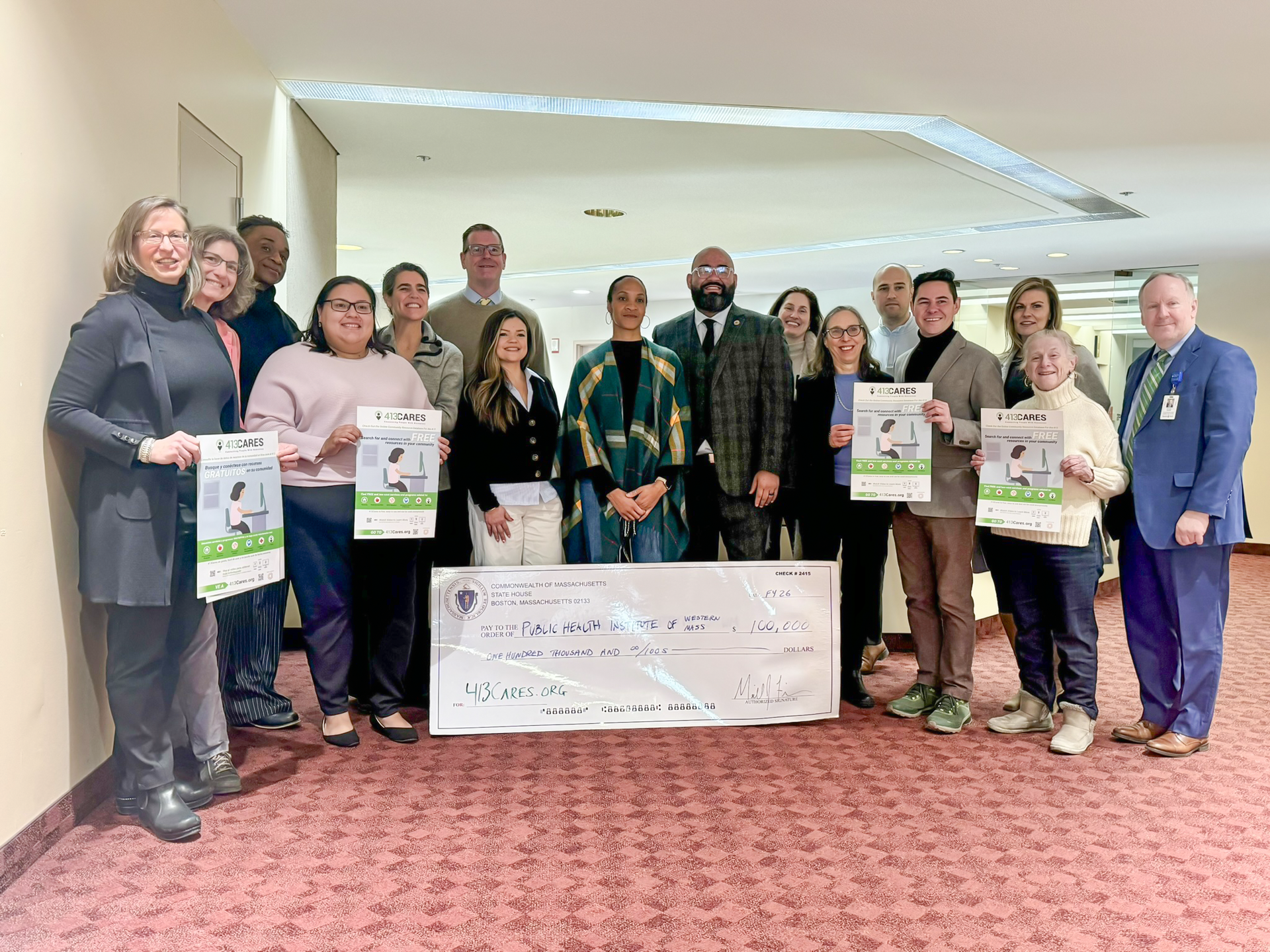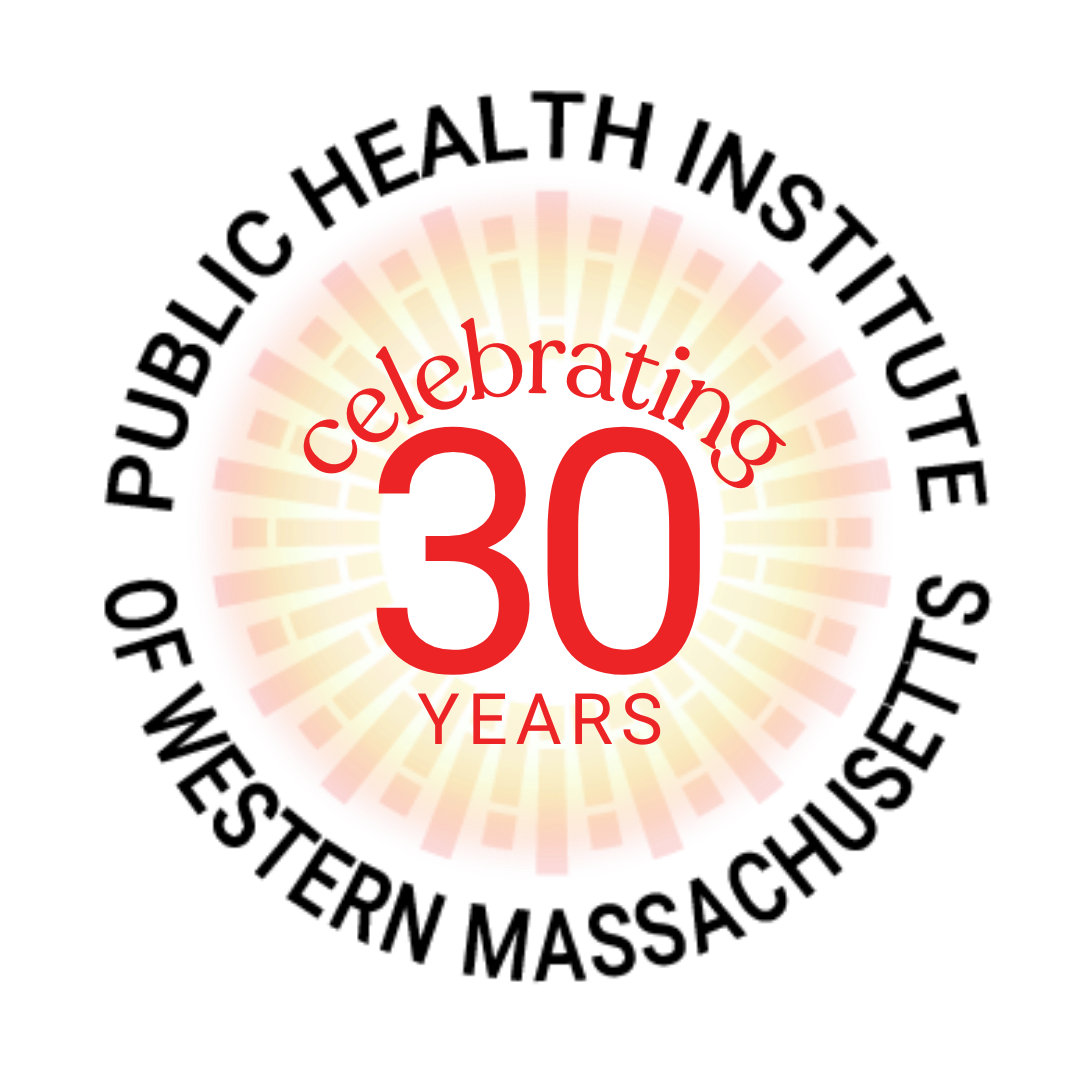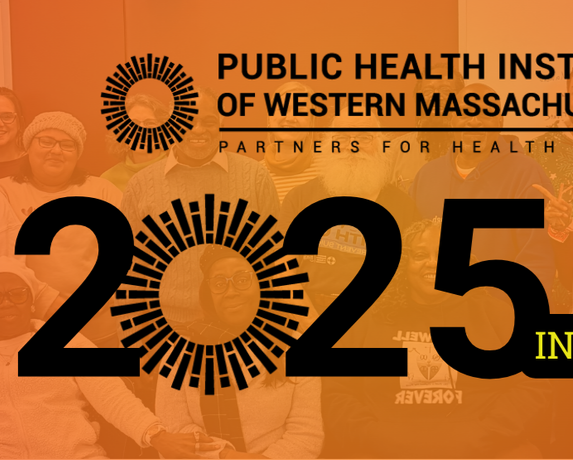Recording now available from 9/18 Webinar: Using the Western MA COVID-19 Data Dashboard
The recording is now available from the 9/18/2020 Webinar: Using the Western Massachusetts COVID-19 Data Dashboard:
Learn more about the dashboard and how folks around the region are using COVID-19 data to inform decisions. The dashboard is designed to present COVID-19 data in a way that is accessible to decision-makers and the public in our region. Access to up-to-date COVID-19 data is critical to inform communities, schools, businesses, legislators, governments, health departments and organizations to take action to meet the needs of the communities they serve while maintaining safety. Local data is particularly needed given the unique mix of rural, suburban and urban communities here.
The webinar was opened by our Executive Director Jessica Collins, and moderated by Dr. Cristina Huebner-Torres, our Board Chair and Vice President of Population Health and Research at Caring Health Center. A presention by Dr. Kathleen Szegda, Director of Community Research and Evaluation, was followed by panel discussion about how people are using COVID-19 data to inform decisons as well as challenges encountered. Panelists included: State Representative Mindy Domb from Amherst; Gail Gramarossa, MPH, from Collaborative for Educational Services and also representing the Ware region; and Meg Burch, MS, RN, school nurse leader and epidemiologist from Frontier School Regional District in Franklin County/Franklin Regional Council of Governments. Learn more about the speakers.
share this
Related Articles




